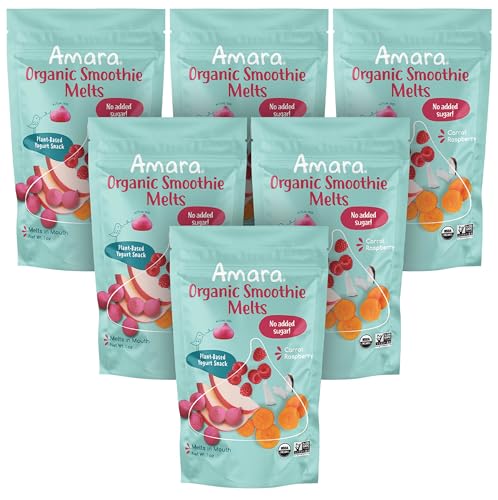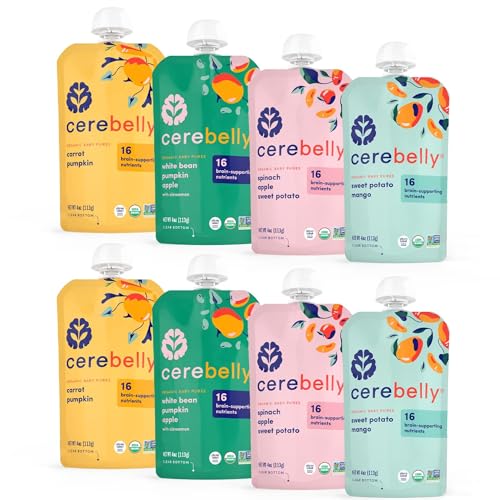Hello!
I started breeding meat rabbits 6 months ago, we are on our 3rd successful processed litter.
Unfortunately, we lost our wonderful buck to pasteurella, and his potential replacement as well. We just finished the "summer break" for the does and we're left with one little buck that is 12 weeks old and is not managing to get the job done yet, and we have our eyes on a tricolor satin rex buck that is just 7 weeks old and should come home around February.
I don't think our 12w buck will be able to perform for quite a while, he tried a couple of times with a doe that wasn't lifting fast enough and then stopped trying.
Unless we get a more mature buck asap, we're looking at 3-4 months lost without any production. I don't have a car and I live int he city, so that restricts our possibilities for picking animals. I saw a buck online that is 5 months old and is somewhat close to what I was looking for in the other rex (magpie harlequin, but not broken nor recessive brown).
If you were in my position, what would you do?
-Lose the months, wait for the 12w old buck to mature enough to give some litters and get the 7w old rex
-Get the magpie 5 month old buck to breed asap, get rid of homegrown 12w old, get tricolor rex while we keep producing with the magpie.
-Something else entirely
I'd appreciate your insight a lot, thanks in advance!
I started breeding meat rabbits 6 months ago, we are on our 3rd successful processed litter.
Unfortunately, we lost our wonderful buck to pasteurella, and his potential replacement as well. We just finished the "summer break" for the does and we're left with one little buck that is 12 weeks old and is not managing to get the job done yet, and we have our eyes on a tricolor satin rex buck that is just 7 weeks old and should come home around February.
I don't think our 12w buck will be able to perform for quite a while, he tried a couple of times with a doe that wasn't lifting fast enough and then stopped trying.
Unless we get a more mature buck asap, we're looking at 3-4 months lost without any production. I don't have a car and I live int he city, so that restricts our possibilities for picking animals. I saw a buck online that is 5 months old and is somewhat close to what I was looking for in the other rex (magpie harlequin, but not broken nor recessive brown).
If you were in my position, what would you do?
-Lose the months, wait for the 12w old buck to mature enough to give some litters and get the 7w old rex
-Get the magpie 5 month old buck to breed asap, get rid of homegrown 12w old, get tricolor rex while we keep producing with the magpie.
-Something else entirely
I'd appreciate your insight a lot, thanks in advance!


















































